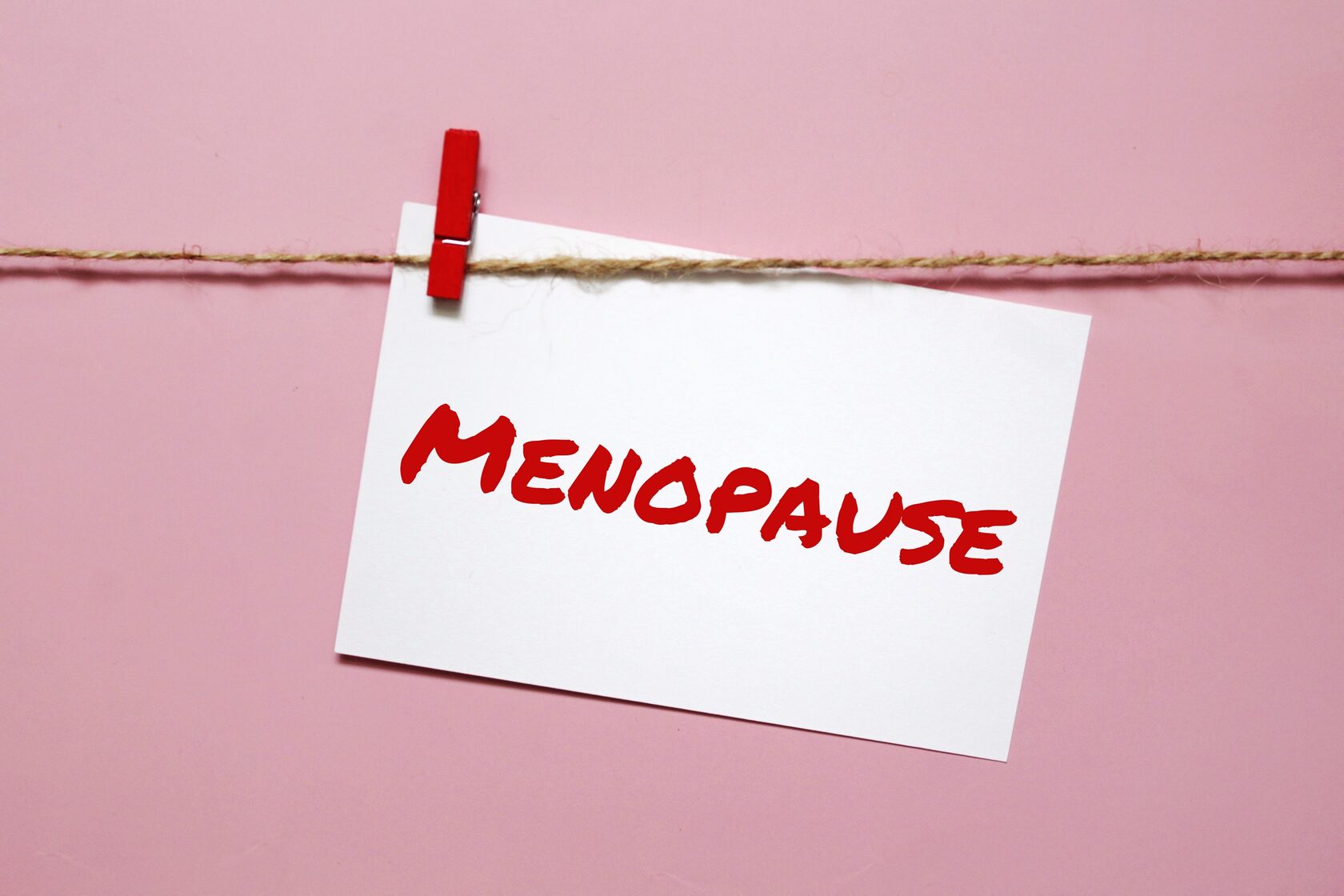Menopause is a period of significant physiological changes in women, often accompanied by unpleasant symptoms such as night sweats and sleep disturbances. Night sweats can significantly disrupt sleep quality and overall physical and emotional well-being. However, with the help of several simple and practical measures, these problems can be addressed. Let's consider some tips for improving sleep and dealing with night sweats during menopause.
Maintain Optimal Comfort Levels in the Bedroom
Ensure a cool and cozy atmosphere in the bedroom. Use lightweight bedding and sleepwear made from natural materials like cotton to facilitate the sweating process.
Practice Relaxation Techniques Before Bed
Take warm baths with soothing oils, engage in relaxing stretching exercises, or practice meditation before bedtime. This can help reduce stress and tension levels, improving the quality of your sleep.
Avoid Spicy and Heavy Meals Before Bed
Spicy and heavy meals can contribute to increased body temperature and worsen night sweats. Try to avoid consuming them before bedtime and opt for light and easily digestible snacks instead.
Seek Medical Assistance
If night sweats significantly disrupt your sleep and overall health, consult a healthcare professional. They may recommend hormone therapy or other methods to help manage this issue.
Maintain a Regular Sleep Schedule
Try to go to bed and wake up at the same time every day, even on weekends. A regular sleep schedule can help your body adapt and improve sleep quality.
Use a Fan or Air Conditioner in the Bedroom
Good air circulation can help maintain an optimal temperature in the bedroom, which may reduce the intensity of night sweats.
Adjust Your Diet
Reduce the consumption of spicy foods, caffeine, and alcohol before bedtime, as they can exacerbate night sweats. Increase your intake of foods rich in vitamin E and calcium, such as milk, nuts, and green vegetables.
Night sweats and sleep disturbances during menopause can be caused by various factors, including hormonal changes and lifestyle habits. By incorporating these practical tips into your routine, you can effectively manage these symptoms and improve your overall sleep quality and well-being.
